The Energy and Resources Group trains interdisciplinary leaders and thinkers that are defining and solving the systemic, inextricably linked, social, environmental, and technological challenges facing the globe. ERG has built an unparalleled reputation for rigor and relevance through its unique interdisciplinary model. While ERG alumni share a common skillset in practical problem solving, their areas of substantive expertise and their employment interests are amazingly diverse.
Alumni
Alumni

Daniel Aas
MA, MPP
Greater than the Sum of Their Parts? Political Impacts of State Climate Policies in the Face of Partisan Polarization (MA/MPP ’17) Dan completed concurrent degrees at the Goldman School of ... Continue Reading »
- "Utility Regulation Distributed Energy Resources Electricity Markets Climate Policy "
- economics
- energy

Aline Abayo
MS
Aline is a master’s student at ERG focusing climate finance, critical minerals, the economics of renewable energy, and the relationship between climate and development goals. Prior to joining ERG, Aline ... Continue Reading »
Janet Aceti
MA
Fly Ash-Coated Foam Glass Pellets as a Lightweight Concrete Aggregate: A Potential Market for Recycled Glass (’87 MA)
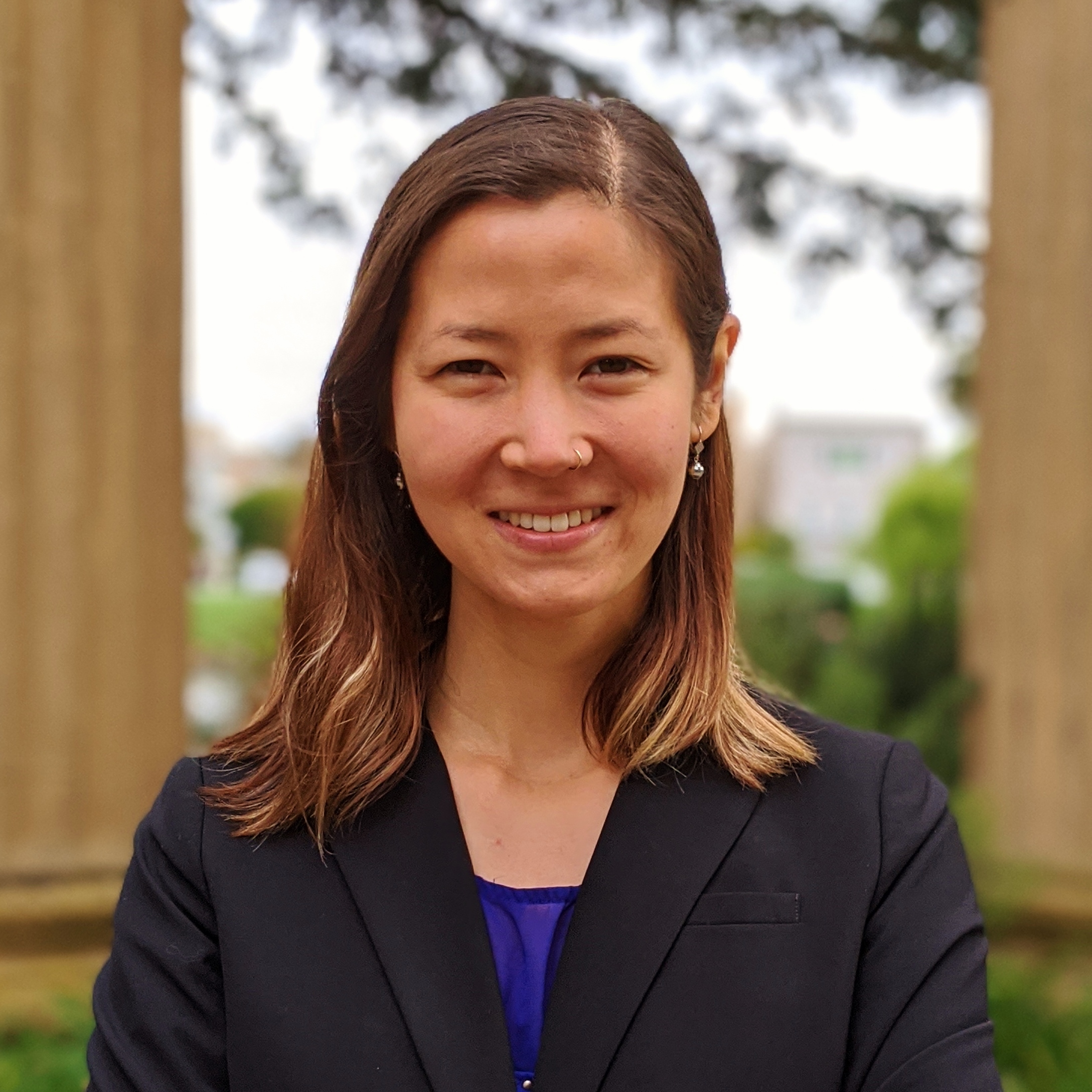
Eleanor Adachi
MPP, MS
Eleanor Adachi (she/her) is a Master’s student in both the Energy and Resources Group and the Goldman School of Public Policy at UC Berkeley and a NSF Graduate Research Fellow. ... Continue Reading »
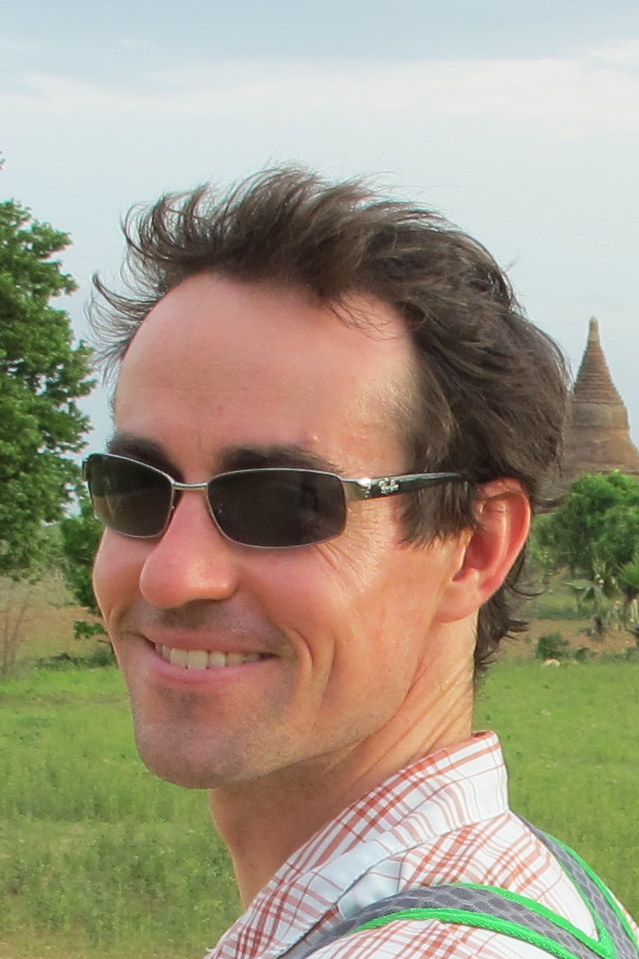
Nate Aden
MS, PhD
Taking the Man Out of Manufacturing: Drivers and Components of Industrial Sector Low-Carbon Transformation (PhD ’17) Nate Aden completed his PhD at the Energy and Resources Group at UC Berkeley and is ... Continue Reading »
Ken Adler
MA
The Role of the Inspector in Enforcing Pesticide Regulations: An Analysis of the San Joaquin County Agriculture Commission (’86 MA)
Taj-Eddine Ait-Laoussine
MS
The Strategic Value of Load Management in Competitive Electricity Markets: The Case of California (’99 MS)

Gbemisola Akinsipe
MS, PhD
Gbemi is a MS/PhD student in the Energy and Resources Group. Her primary research revolves around electricity systems planning and markets in Nigeria and West Africa with a focus on ... Continue Reading »
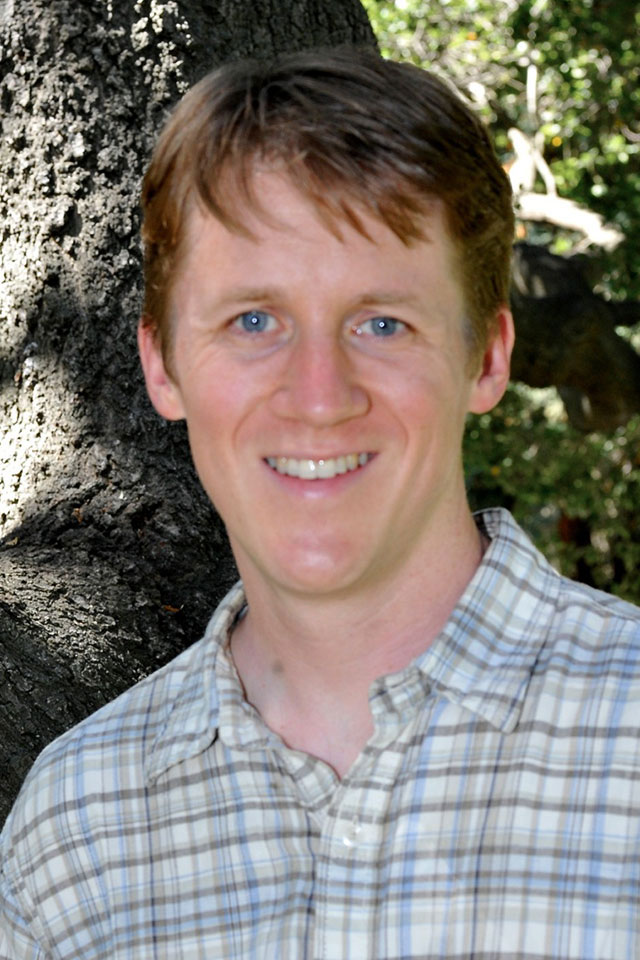
Peter Alstone
PhD
Peter’s research focus areas are information technology approaches to energy development, understanding markets for demand-side energy technology, and energy technology policy. Outside of academics, he contributes to the Lighting Global ... Continue Reading »
Ari Altman
MA
A Case Study of Education, Understanding, Concern, and Action: Recycling and Consumption at UC-Berkeley (00 MA)
Doron Amiran
MA
Rot is Hot: Home Composting in Alameda County (91 MA) Research Interests: How do we make the shift to sustainable economy and society? Compost, ride a bike, eat, buy, and ... Continue Reading »
Kent Anderson
MS, PhD
Energy and Materials Implications of Passive Solar Heating Technologies (77 M.S.) Conservation vs. Energy Supply: An Economic and Environmental Comparison of Alternatives for Space Conditioning of New Residences (87 Ph. ... Continue Reading »
Renata Andrade
PhD
The ‘Third Bank’ of the Lower São Francisco River: Culture, Nature and Power in the Northeast Brazil 1853-2003 (’06 PhD)
- ecological and environmental design
- energetic metabolism of cities
- environmental control in urban areas
- environmental history
- regional planning
- sustainability of transportation.
- water resources management
- woman and Native American issues

Ry Andresen
MS
Pronouns: he/they Ry is interested in measuring the impacts of wildfire mitigation policies in vulnerable communities across California. He is particularly interested in researching a holistic framework that incorporates the ... Continue Reading »
Joshua Apte
MS, PhD
Population Exposure to Vehicular Emission in Megacities (MS, ’08) Human Exposure to Urban Vehicle Emissions (PhD, ’13)
- air quality
- energy technologies
- environmental justice
- methods to quantify the potential of energy efficient devices
- transportation
Sam Arons
MS
Plug-In Hybrid Vehicles, Climate Change, and Energy Security: The Cost-Effectiveness of an Emerging Technology (’07 MS)
- climate change and climate policy
- plug-in hybrid vehicles
- renewable energy
- Sustainable transportation
- the instructionalization of sustainability
Barbara Atkinson
MS
Regulation of Environmental Impacts of Hydroelectricity Production: The United States and Costa Rica (89 MS)
- building energy efficiency
- international energy and environmental issues
- lighting policy analysis (U.S. Canada and Europe)
- renewable energy and efficiency in Central America

Nkiruka Avila
MS, PhD
Designing and Adapting Appropriate Socio-Technical Systems for the Renewable Energy Transition (PhD ’18) Nkiruka has expertise in solar grid integration and climate policy in California, and in electricity access in ... Continue Reading »

Anne-Perrine Avrin
MS, PhD
Designing and Adapting Appropriate Socio-technical Systems for the Renewable Energy Transition (PhD ’18) Anne-Perrine is a PhD student in the Energy and Resources Group and a research fellow within the ... Continue Reading »
- Energy economics
- Energy modeling
- Nuclear desalination
- Nuclear energy
- Planning electric power systems in developing and emerging countries
- RAEL
- water-energy nexus

Portia Awuah
MS
Portia is a MS student in the Energy and Resources Group. She is interested in extending energy access to areas without electricity. As an Electrical and Electronics engineering bachelor’s degree ... Continue Reading »
Devra Bachrach
MA
Comparing The Risk Profiles of Renewable and Natural Gas Electricity Contracts: A Summary of the California Department of Water Resources Contracts (’02 MA)
Paul Baer
PhD
Justifying Climate Policy Choices: New Approaches to Uncertainty, Risk & Equity (’05 PhD) Deceased
- carbon cycling
- democratic participation in environmental decision making
- ecological economics
- equity and sustainability
- global climate change
- modeling
Robert Bailis
PhD
Fuel from the Savanna: The Social and Environmental Implications of the Charcoal Trade in Sub-Saharan Africa (’05 PhD)
Carolina Balazs
MS, PhD
The Role of Small Reservoirs in Rural Livelihoods: A Study in Brazil’s Preto River Basin (MS ’06) Just Water? Social Disparities and Drinking Water Quality in California’s San Joaquin Valley ... Continue Reading »
- drinking water quality in California's Central Valley
- environmental justice
- equity and environmental health
- water and development in Latin America
Galen Barbose
MA
A Survey of Utility Experience with Real Time Pricing: Trends and Implications (04 MA)
Barbara Barkovich
PhD
Changing Strategies in Utility Regulation: The Case of Energy Conservation in California (87 PhD)
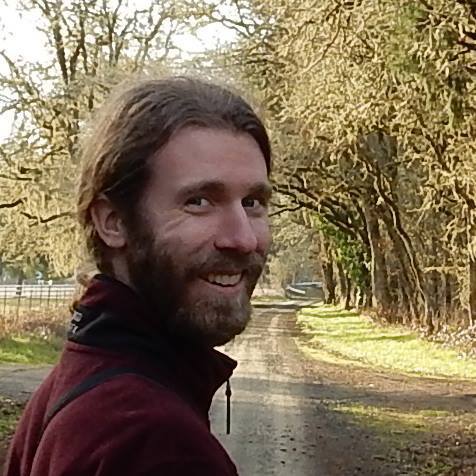
Richard Barnes
PhD
Algorithms for, and Applications of, Global Terrain Analysis (PhD ’20) Richard applies computational and mathematical techniques to better understand the complex interface of society and the environment. His work includes ... Continue Reading »
Merrill Barradale
PhD
Practitioner Perspectives Matter: Public Policy and Private Investment in the U.S. Electric Power Sector (PhD ’10)
Gail Bateson
MS
The Role of Information in Developing an Effective Occupational Health Strategy (79 MS)
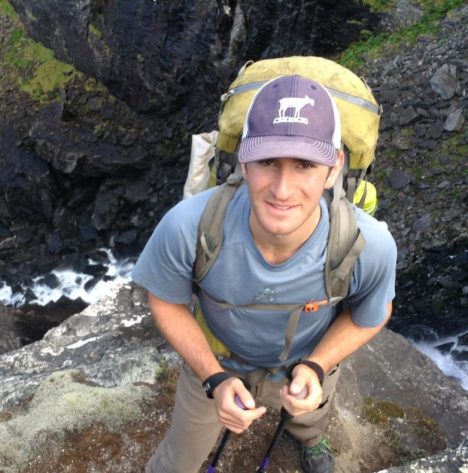
Gordon Bauer
MS, PhD
Operation, Cost, and Environmental Impact of Self-Driving Electric Taxi Fleets (MS ’18) Transportation has long been dominated by the personal gasoline-powered automobile, but breakthroughs in electric vehicles, shared mobility, and ... Continue Reading »
Louise Bedsworth
PhD
Expertise and Uncertainty in Environmental Regulation: An Analysis of California’s Smog Check Program (02 PhD)
- environmental risk and decision making focusing on the use of science and uncertainty in the decision making process
- motor vehicle emissions
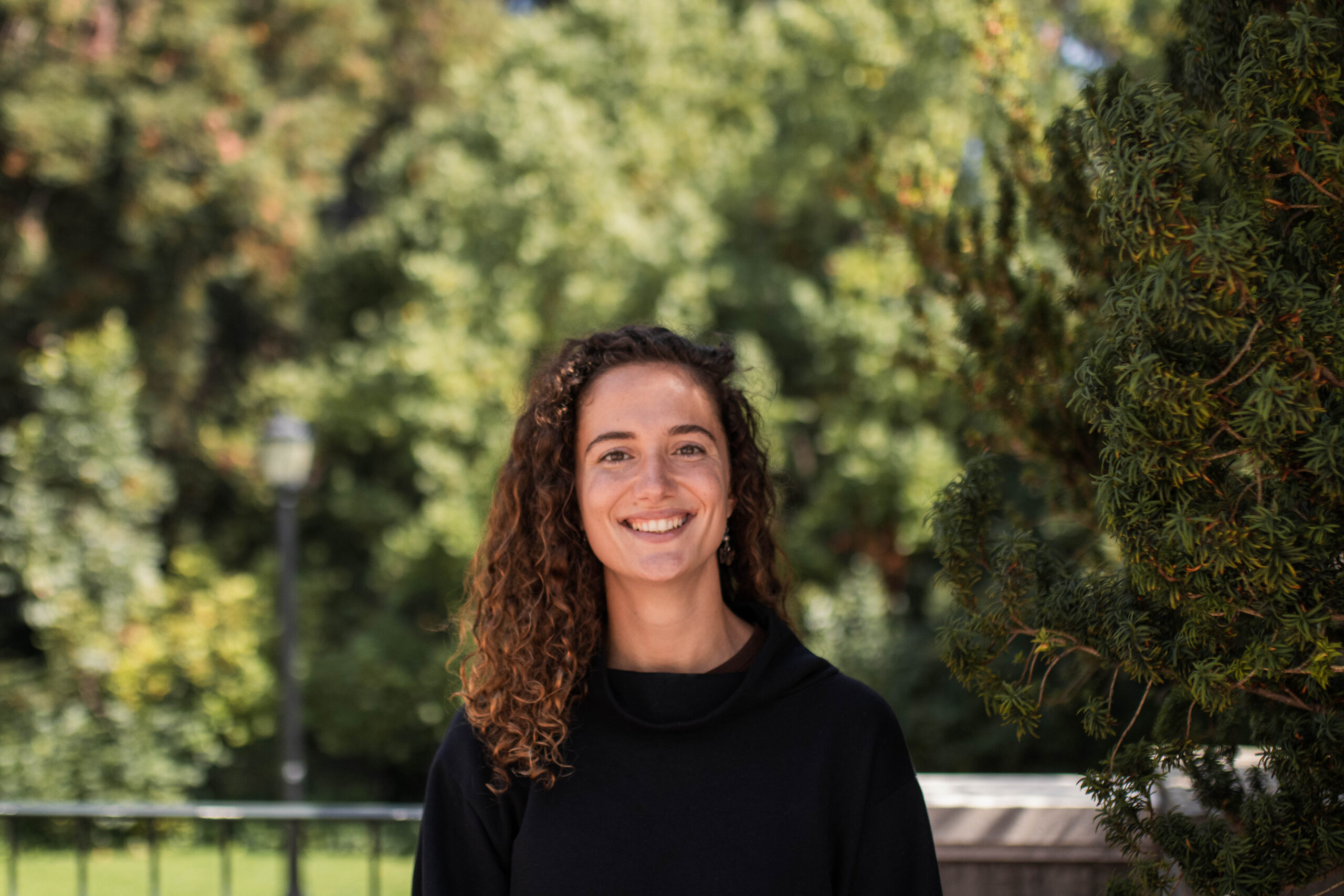
Elena Bell
MS
Elena is a 2024 MS graduate interested in equitable natural resource management relating to agriculture and forestry. She has seven years of experience working at the intersection of agriculture, finance, ... Continue Reading »
John Berger
MA
Resource Endowments of the San Francisco Bay Region Prior to European Settlement: Baseline Data, Interpretation, and Observations Relevant to the Potential for Environmental Restoration (80 MA)
- ecology
- energy policy and scenario
- environmental planning and policy
- renewable energy planning and energy efficiency
- restoration

Dipti Bhatnagar
MS
Dipti got her Masters at ERG in 2008. Since then, she went back to India working with communities displaced by dams. She also fought for water justice in California, working ... Continue Reading »
- Africa
- climate
- Climate justice
- common property resource management
- development
- ecology
- energy
- Gender justice dismantling patriarchy
- International climate negotiations
- System change
- water
Yasemin Biro-Kirtman
MS, PhD
Economic Valuation of the Environmental Impacts of the Kayraktepe Dam/Hydroelectric Power Plant in Turkey: An Exercise Contingent Valuation and Benefit-Cost Analysis (’95 M.S.) Prospects for Local Community Participation in the ... Continue Reading »
Charles Blanchard
MS, PhD
The Costs of Environmental Degradation (’78 M.S.) Emission Sources Contributing to Acid Precipitation in the Western United States (’86 Ph.D.)
Barton Blum
MA
Organic Waste Recovery in the San Francisco Bay Area: Changing Regulatory and Market Conditions (90 MA)
Katherine Blumberg
MS
The Emissions Impact of Transit Technology Options for the Mexico City Metropolitan Area (04 MS)
- Brazil
- China
- diesel
- ecotaxes
- fuels and planning for clean transportation
- Mexico
- retrofits
- technologies
- transit
Mark Bolinger
MA
Community Wind Power Ownership Schemes in Europe and Their Relevance to the United States (01 MA)
- electricity restructuring and green power marketing
- renewable energy policy
- the development and use of financial mechanisms to address environmental problems

Ian Bolliger
MS, PhD
Monitoring and Projecting the Impacts of Climate Change with Emerging Environmental Datasets and Machine Learning (PhD ’20) Ian works to provide decision-makers with quantitative, high-resolution projections of the socioeconomic impacts ... Continue Reading »
- climate
- economics
- energy
- Global Policy Laboratory
- health impacts of climate change
- machine learning
- remote sensing
- spatial statistics
- tropical cyclones
- water
Amy Boone
MS
Obstacles to Marine Protected Area Designation from Political and Socioeconomic Perspectives (05 MS)
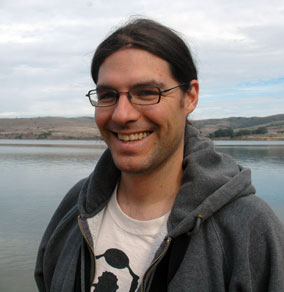
Sam Borgeson
MA, PhD
Targeted Efficiency: Using Customer Meter Data to Improve Efficiency Program Outcomes (PhD ’14) Sam’s works focuses on tools to scale up and improve the performance of energy efficiency programs in ... Continue Reading »
William Boyd
MA, PhD
Uncle in the Valley: State Capacity and Rural Restructuring in the Tennessee Valley (’94 M.A.) New South, New Nature: Regional Industrialization and Environmental Change in the Post-New Deal American South ... Continue Reading »
- Appalachia and the American south
- California agriculture after NAFTA
- environmental histories
- political-economy of risks and the distribution of environmental hazards
- rural restructuring in the industrialized countries
- social theory
- the comparative study of development
Asa Bradman
MS
A Pilot Study Investigating the Association Between Lead in Children’s Blood and Lead in Drinking Water and a Review of Lead Policy Concerning Drinking Water (89 MS)
Kristin Brainerd
MS
Understanding California Water Markets: A Look at Transfers from 2000 to 2009 (’11 MS)
Adam Brandt
MS, PhD
Scraping the Bottom of the Barrel: Modeling the Carbon Emissions Consequences of a Transition to Low-Quality and Synthetic Petroleum Sources (’05 MS) Greenhouse gas impacts of declining hydrocarbon resource quality: ... Continue Reading »

Anna Brockway
MS, PhD
New challenges facing electric power systems: Integrating technical realities and policy goals (PhD ’22) Anna Brockway is a PhD from the Energy and Resources Group at UC Berkeley. She holds ... Continue Reading »
- climate adaptation
- economics
- electricity grid
- electricity markets
- energy
- Energy System Modeling
- renewable energy integration
- renewable energy policy
- solar energy
- utility business models
B. Carter Brooks
MS
Who Will Cry for the Ice? An Examination of Conceptual Understanding of Climate Change through Metaphor (05 MS)
- climate change specifically as it relates to questions of human imagination and human values
- storytelling
Burnet Brown
MS
The Health and Safety Implications of Increased Coal Production and Utilization Under the 1978 National Energy Act: An Assessment Two Years After Passage (80 MS)
Richard Brown
MA
Estimates of the Achievable Potential For Electricity Efficiency Improvements in U.S. Residences (93 MA)
- application of geographical information systems for public policy analysis
- consumer decision-making in energy efficiency investments
- end-use energy forecasting
- market research for implementation of energy efficiency programs
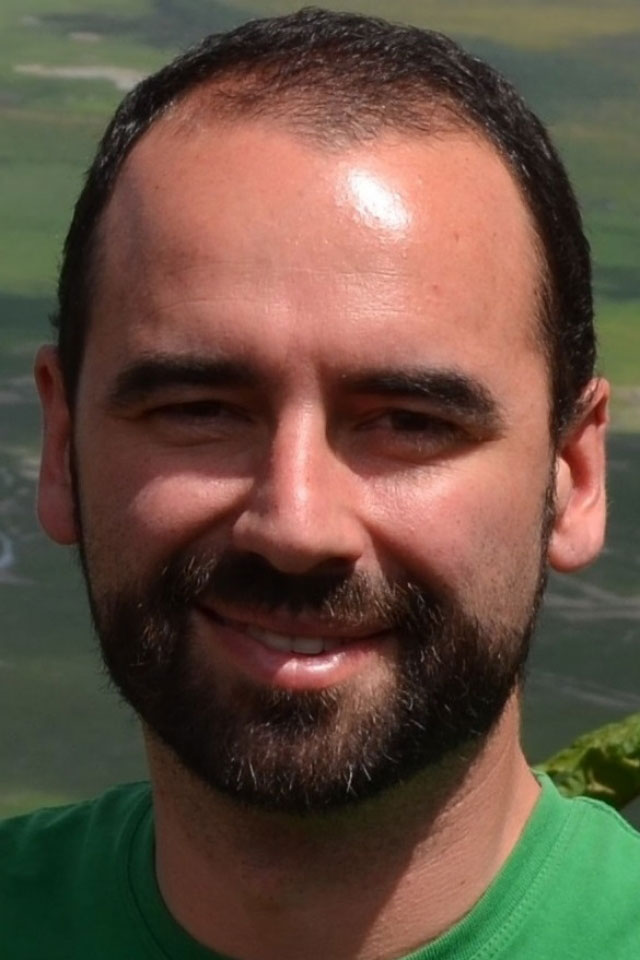
Zachary Burt
MS, PhD
Zach’s research focuses on household water access, treatment and use. He draws on data collected in the field, utilizing both quantitative and qualitative sources. Zach is ultimately interested in the ... Continue Reading »
- cost benefit analysis
- demand forecasting
- demand management
- development
- HWTS
- POU
- safe drinking water
- urban water utilities
- user preferences
- water access
- willingness to pay
Jason Burwen
MA
From Technology to Impact: Understanding and Measuring Behavior Change Associated with Improved Biomass Stoves (’11 MA)
John Busch Jr.
PhD
From Comfort to Kilowatts: An Integrated Assessment of Electricity Conservation in Thailand’s Commercial Sector (90 PhD)
- appliance/equipment/building efficiency standards
- developing country energy programs and policy
- energy efficiency in buildings
Douglas Bushey
MA, PhD
Renewable Energy Systems in Rural Eritrea – Concepts for Three Wind-Powered, Village-Scale, Clean Development Mechanism Projects (MA ’05) Building an International Administrative Law of Expertise: Law and Science in the ... Continue Reading »

Bodie Cabiyo
MA, PhD
Bodie uses interdisciplinary approaches to investigate nature-based solutions to climate change. He currently studies how policy and innovative technology can enable carbon-beneficial forest management. This work bridges industrial ecology, forest ... Continue Reading »
Chris Calwell
MA
The Near-Term Potential for Simultaneous Improvements in the Fuel Efficiency and Emissions of U.S. Automobiles (89 MA)
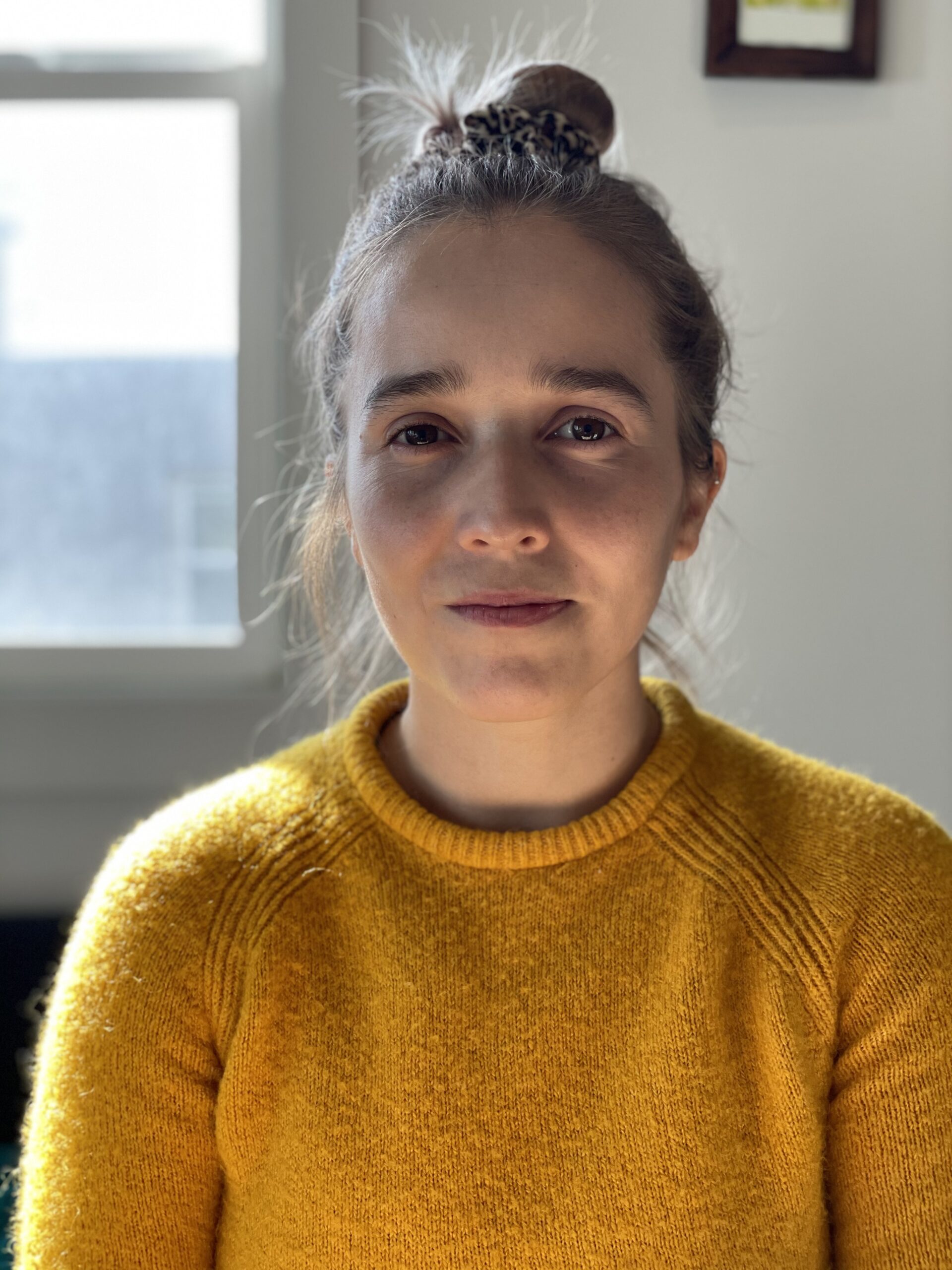
Javiera Canales Valenzuela
MS
My principal interests are the development of sustainable urban systems that improve quality of life for people and work in harmony with the natural environment through the utilization of clean ... Continue Reading »

Elliot Carleton
MS
Elliot is a graduating MS student interested in natural resource management, climate finance, and decarbonization. He leads two research projects at ERG: one assessing the integrity of carbon offset markets, ... Continue Reading »
Frank Carroll
PhD
Farm-level Agricultural Energy Technologies in an Egyptian Village: Engineering and Socio-Economic Characteristics and Consequences in the Context of the Political Economy of Food Security (94 PhD)
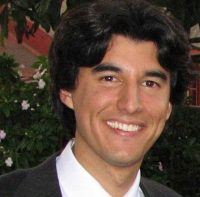
Juan Pablo Carvallo Bodelon
MS, PhD
Mind the Gap: Bridging Strategies for Universal Energy Access (PhD ’19) Since graduating as an electronics engineer in 2004, JP Carvallo has been working, studying, and researching different aspects of ... Continue Reading »
- electricity and energy markets
- Latin America
- national systems of innovation
- Renewable energy policy and institutions
- sustainability in less industrialized economies
Christian Casillas
MS, PhD
Wind generation: A step towards energy independence on the Atlantic Coast of Nicaragua (MS ’08) Exploring the role of information in development policy and practice in the fields of rural ... Continue Reading »
Cristina Castanha
PhD
Soil Organic Matter Storage and Turnover Along Granite and Basalt Climate Transects in California Uplands (04 PhD)
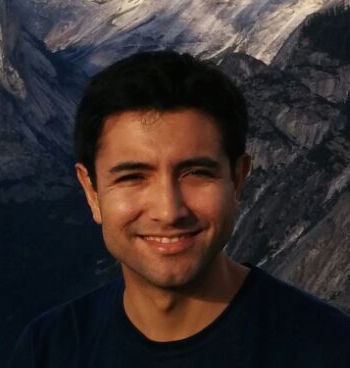
Felipe Castro
PhD
On Rate Regulation in Modern Electricity Sectors (PhD ’17) Felipe was a Ph.D. Candidate with ERG. His research seeks to improve the understanding and organization of energy systems, leveraging methods, ... Continue Reading »
- computational optimization
- EMAC
- energy policy
- industrial organizations
- mathematical programming
- microeconomics
- operations research
- Power Systems
Christopher Cataldo
MS
The Sagebrush Rebellion in California and the West: An Analysis of a Red Herring (’84, MS)
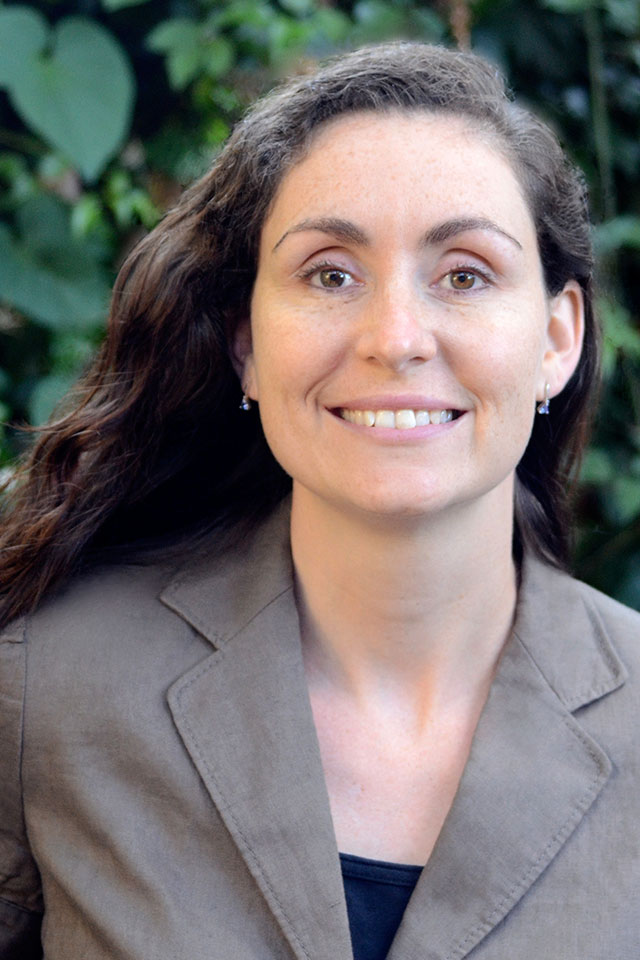
Zoë Chafe
MPH, MS, PhD
Dr. Chafe works at the intersections of public health, air pollution, climate change, and energy use. She holds a PhD from the Energy and Resources Group (ERG), as well as ... Continue Reading »
- climate
- climate change and public health
- co-benefits (ancillary benefits) of climate change mitigation
- development
- energy
- energy transitions and impacts on air pollution
- heating and cooking with solid fuels
- household energy policy options
- Household energy use trends
- short-lived greenhouse pollutants
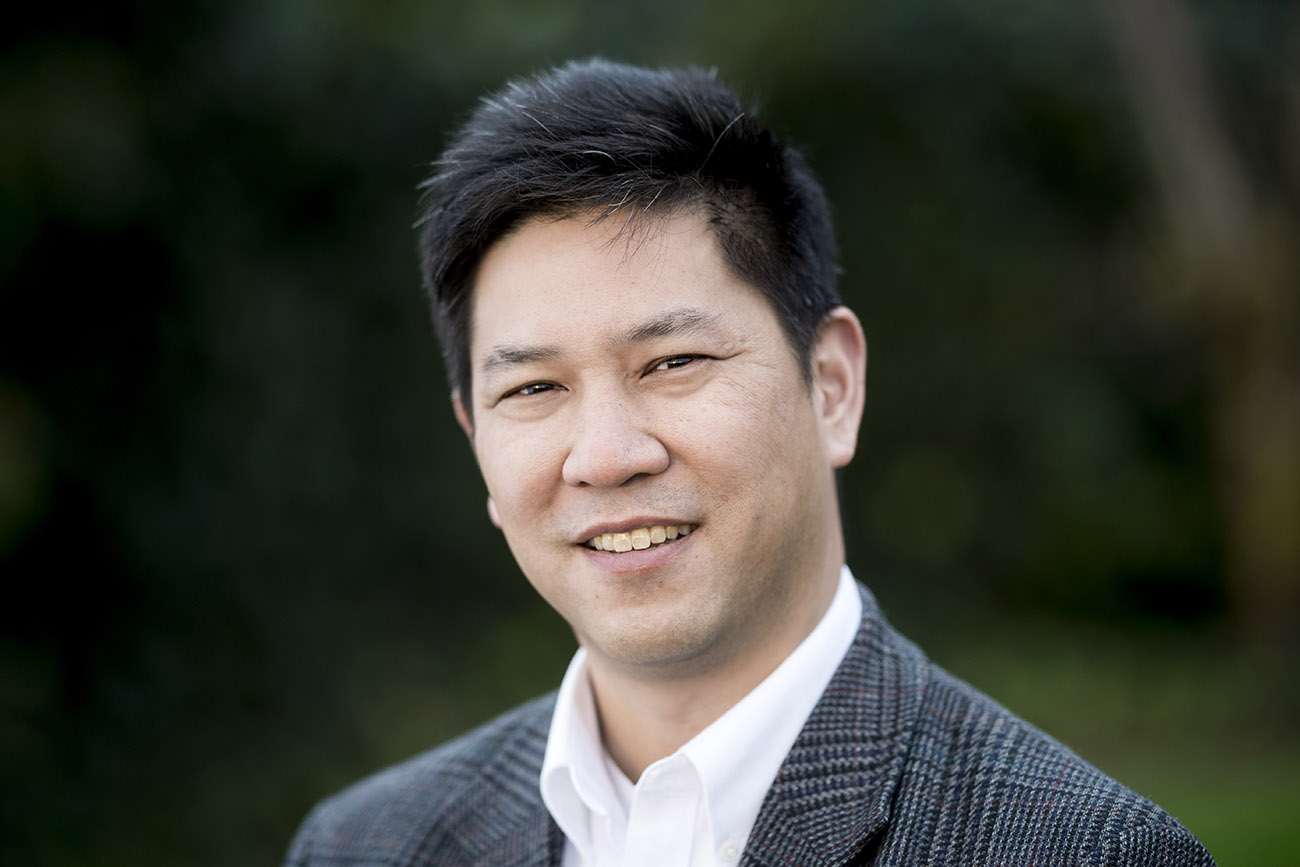
Jack Chang
MA, MPP, PhD
Hydrogen’s Potential Role is California’s Zero Emissions Future (MA ’20) I have been focusing on building decarbonization policy, renewable hydrogen and and island electrification as part of my master’s degrees ... Continue Reading »
Mark Chao
MS
Prospects for Replacement and Shutdown of Russian Weapons-Plutonium Production Reactors (95 MS)
- citizen-based environmental politics in the former Soviet Union
- energy efficiency and renewable energy
- energy in the former Soviet Union
- nuclear weapons-complex conversion and the control of missile materials
Christa Chavez
MS
Painting the Perfect Ecolabel: An Initial Framework for Comparing Ecolabels in the Paint Sector (’11 MS)
Clifford Chen
MS
Is it Worth it? A Comparative Analysis of Cost-Benefit Projections for State Renewables Portfolio Standards (’06, MS)
- alpine lakes and meadows
- electricity markets & policies
- energy models
- energy subsidies
- policy & technology options to address global climate change
- renewable energy markets & policies
Helen Chen
MS
The Use of Lead in Printed Circuit Board Assembly: A Look at Exposures, Monitoring and Hazard Communication (97 MS)
Yanxia Chen
MS
Economic Assessment for the Donghan Village-scale Biomass Gasification Energy Supply System in China (03 MS)
- energy issues in developing or developed countries - especially China
- Geography Information System and its application to energy
- renewable energy
Deborah Cheng
MA, PhD
Global Efforts to Improve Access to Safe Water: Debate, Discourse, and Data Gaps Leading up to the Millennium Development Goals (MA ’08) The Politics of Pipes: The Persistence of Small ... Continue Reading »
- resource consumption and management
- urban sustainability
- water supply and quality in developing countries
Yuko Chiba
MS
Traditional Ecological Knowledge: An overview of an academic field and its implications to on-the-ground conservation of lightly managed ecosystems (04 MS)

Minah Choi
MS
Minah Choi (she/hers) is a first year Master’s student at the Energy and Resources Group. Her research interests include political ecology, community-based conservation, and STS. At ERG, Minah hopes to ... Continue Reading »
- Agriculture
- climate
- climate change
- development
- energy
- Environmental / Climate Equity
- environmental justice
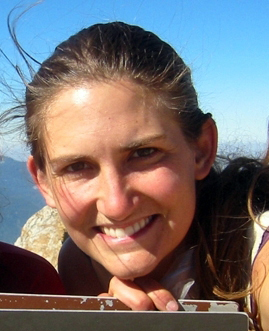
Danielle Svehla Christianson
MS, PhD
At times the problem of understanding phenomena is one of seeing. That is why Danielle explores new ways of demystifying complexity through visual representation. She seeks new techniques to illustrate often-forgotten, yet fundamental dependencies between human society and the natural world. One such technique is terrestrial laser scanning (also known as LIDAR), which she used to create a 3-D model of her ecological study site in the Sierra Nevada. This along with her seedling research seeks to inform the uncertain future of resource management.

Nick Clarke
MA
A Discrete-event Simulator to Determine if Public Transit Buses Go Battery Electric Today (MA ’20) A native of Utah, Nick holds a BA in Environmental Studies from Westminster College in ... Continue Reading »
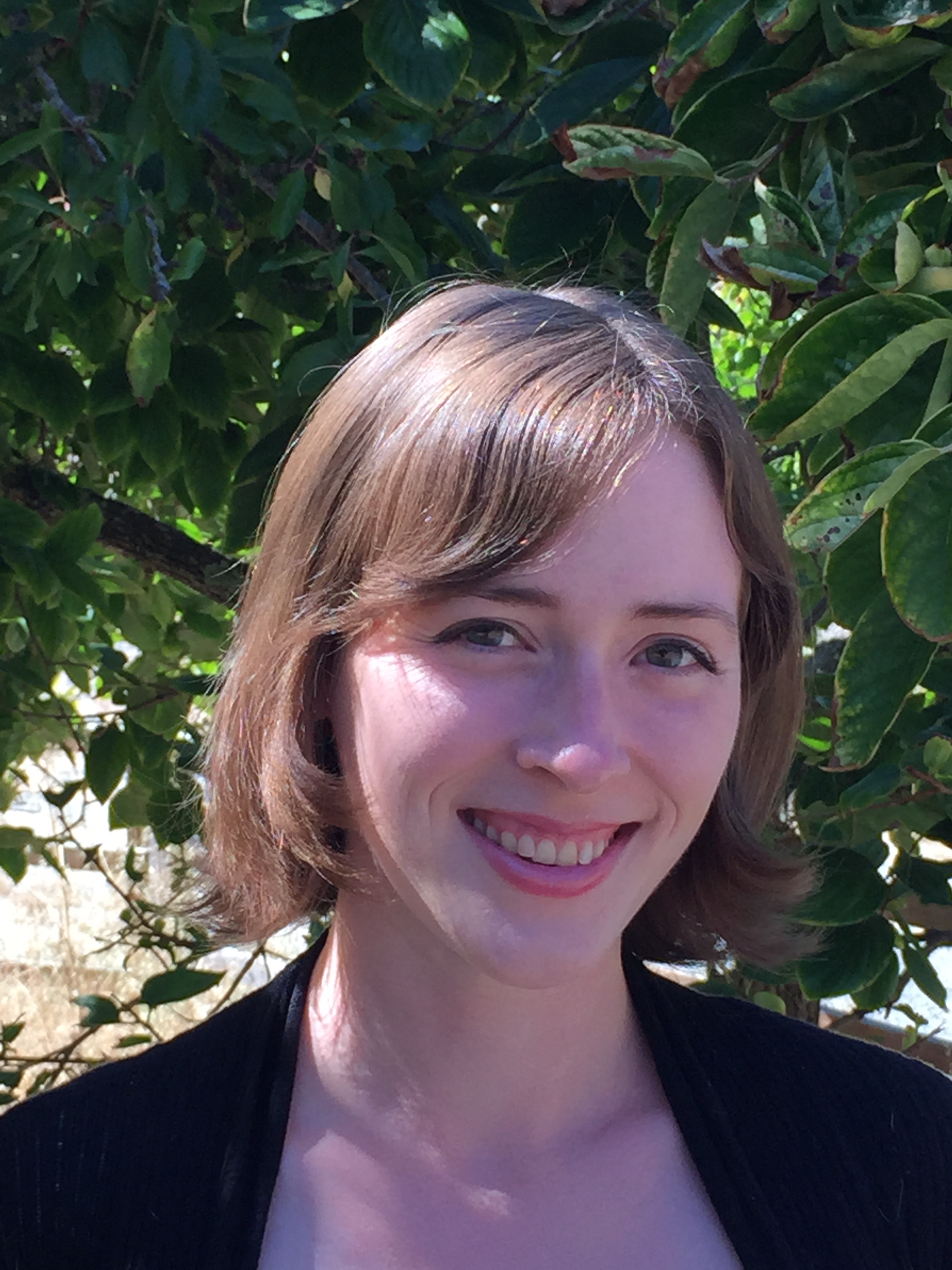
Rebecca Coates-Maldoon
MA, MPP
Assessing Instream Flow Standards Under Climate Change Implications for State-Level Policy in the U.S. (MS/MPP ’17) Rebecca completed a Master’s degree in both the Energy and Resources Group and the ... Continue Reading »
- climate
- climate change adaptation
- ecology
- environmental justice
- Environmental Policy
- riparian and aquatic ecosystems
- water
- water quality
- water resources management
- water use efficiency
- water-energy nexus
Jaquelin Cochran
MA, PhD
Reducing Poverty in Northeast Cambodia (’01 MA) A Watershed for Equity (’07 PhD)
Andrew Cohen
MS, PhD
New Justifications for Traditional Types of Water Projects (With an Analysis of the New San Clemente Project Proposal for the Carmel River, Monterey County, California (89 MS) Biological Invasion in ... Continue Reading »
- ballast water treatment
- invasion impacts
- invasion vectors
- invasions in tropical marine ecosystems
- marine/estuarine/aquatic invasions
- parasites and host invasions
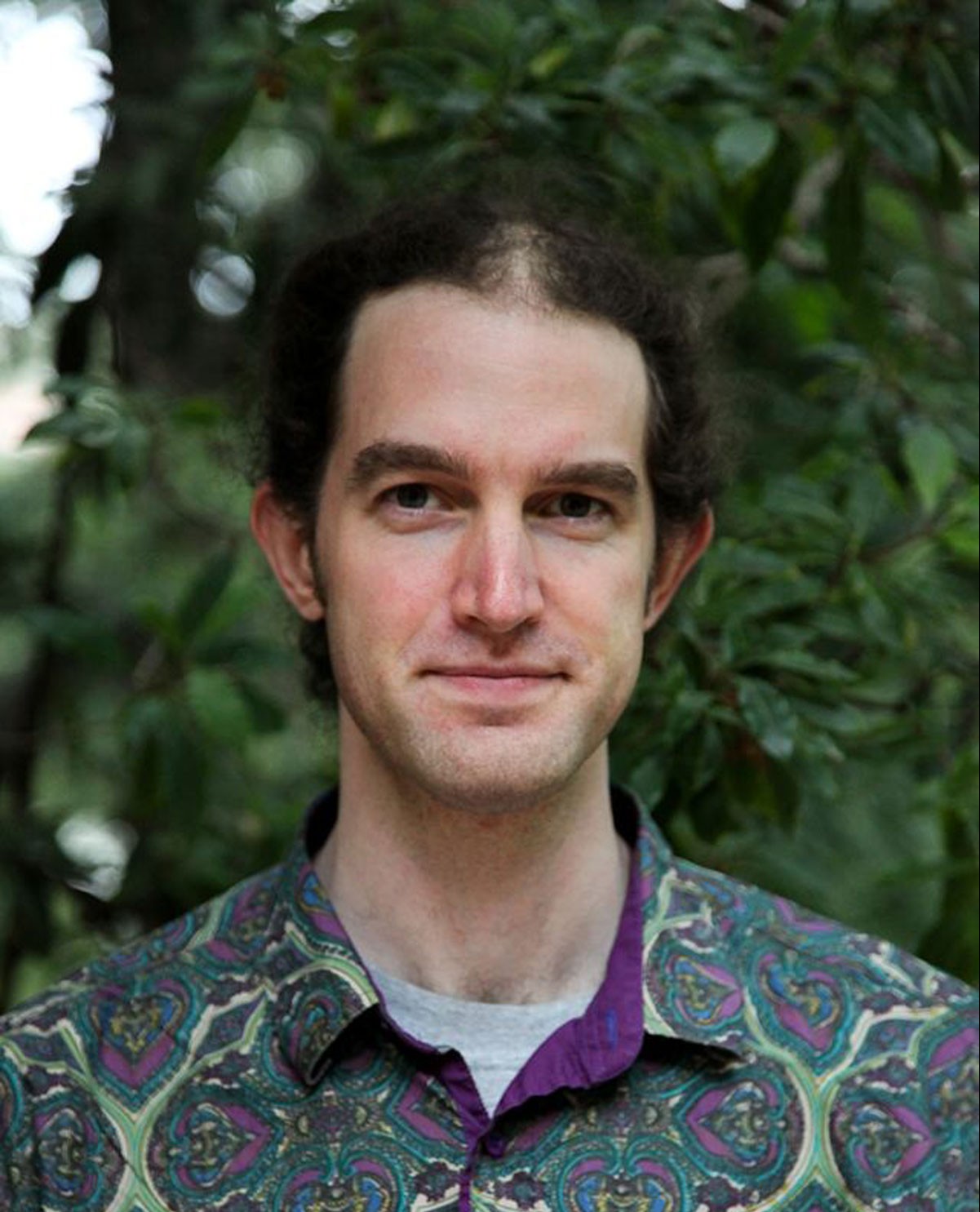
Michael Cohen
MS, PhD
Michael Cohen puts the power and complexity of the grid into students' hands via a video game. We asked Michael about his innovative project and his unique experience at ERG. "In addition to developing the game itself, I am working with teachers at local high schools to develop curriculum around it and try it out with their students this year. I hope to not only create a solid educational product but also gain some insights into how technology can be used to support learning about complex systems in general."
- EMAC
- energy
- Energy System Modeling
- Integration of renewable electricity into power systems
- Video Gaming for Education
Sam Cohen
MA
Measured Energy Savings and Economics of Retrofitting Existing Single-Family Homes: An Update of the Beca-B Database (91 MA)
- city planning
- end use of energy in buildings
- fish habitat improvement
- local economic development
- market based solutions to environmental and social problems
- materials reprocessing in recycling
- water policy
- watershed restoration
Alicia Cohn
MA
The UV-Tube as an Appropriate Water Disinfection Technology: An Assessment of Technical Performance and Potential for Dissemination (02 MA)
- wastewater
- water and sanitation in international development point-of-use water treatment
- water distribution
- water treatment
Jeffrey Cole
MS
Sustainable Finance for Sustainable Energy: Private Sector Solar Rural Electrification (MA 01)